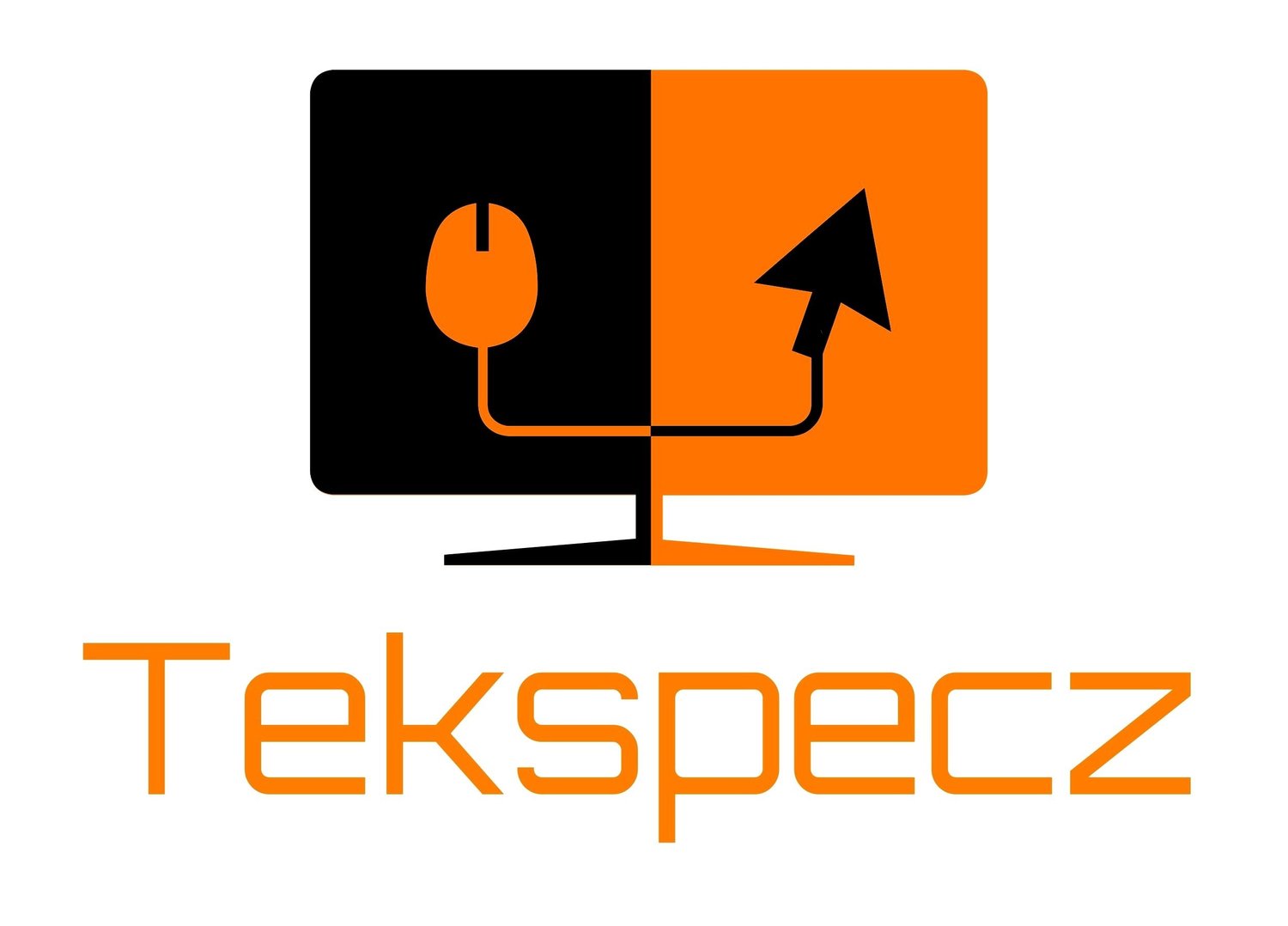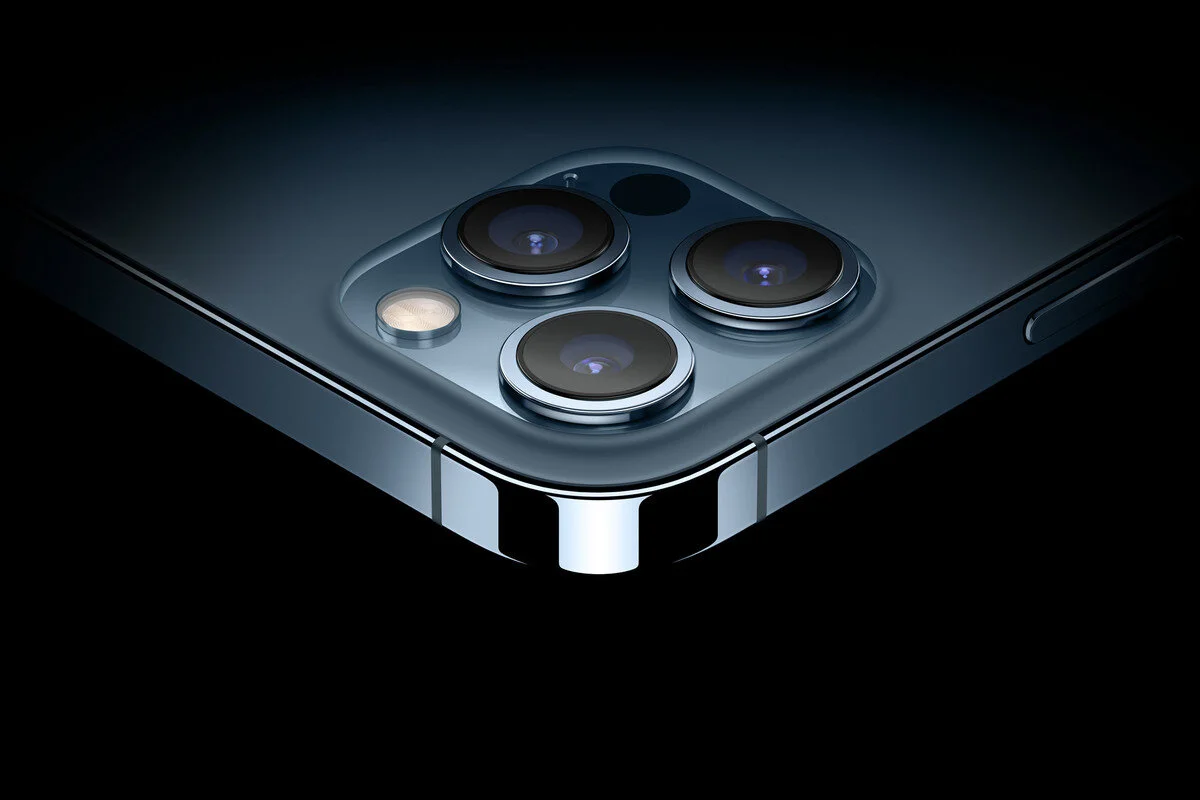Hardware Breakdown Presents: iPhone 12 Pro
If you have been living underneath a rock or engaged in a month-long cryogenic sleep, you should know by now Apple last week unveiled their highly anticipated iPhone 12. Of course, the hardware and features have piqued interest here at Tekspecz studios, so much, its core components certainly deserve an in-depth examination. In this new segment of Hardware Breakdown, let's take an in-depth analysis of the iPhone 12 Pro.
Quick note: I’m using the iPhone 12 Pro for this breakdown, mainly because my hunch tells me this iteration will be in consumer demand)
The CPU
We kick things off with the core, the brains of the iPhone 12 Pro, the CPU, Apple's A14 Bionic chip, which by the way, has six functional cores ( Hexa), with high performing cache for speedier multitasking operations. Apple didn't mention the processor clock speeds. But in my research, I found several published reports stating that the processor has a maximum frequency of 3.1GHz. The chip itself is made from silicon, and TSMC measuring just 5 nm, making it the first of its kind globally. Even though the space inside the chip is confined, it fits 11.billion transistors. That's 39% more than the A13 Bionic (8.5 billion). Apple claims this is the most advanced SoC ever and probably the fastest chip currently on the market. With the chip having a much smaller space and additional transistors, this means more power efficiency. The visual graphics are made possible by a four-core GPU.
The Storage and RAM
When it comes to internal storage, iPhone 12 Pro will use NVMe with storage capacities remaining the same ( 128GB, 256GB, and 512GB). Sadly, Apple continues not to offer expandable storage options, no available SD slot. Apple increases the Ram capacity up to 6GB, which is rather odd, considering most of its competitors have smartphones exceeding 8GB of RAM ( the Galaxy Note 20 Ultra has 12GB).
The Battery
The iPhone 12 Pro will use a Li-Ion non- removable battery. Believe it or not, the battery is much smaller than last year's iteration, at 2815 mAh compared to iPhone 11 Pro 3110 mAh battery. Apple claims that with iPhone Pro, you will get up to 17 hours of standby and up to 65 hours of music play.
The Camera
Probably the most significant upgrade to the iPhone 12 Pro is the camera. The three front-facing camera uses is a 12 MP sensor, with an f/1.6 aperture with a 26mm wide-angle lens, a 12 MP sensor, with an f/2.0 52mm telephoto lens, with a 2x optical zoom. And the third camera, you have a 12 MP sensor, with an f/2.4 120-degree aperture, 13mm ultrawide.
The pinnacle feature regarding the camera is the 3D LiDAR scanner. Lidar is acronym light detection and ranging, measures distance by illuminating a target with laser light and measures—reflection with a sensor.
When it comes to the front-facing camera, there's the dual 12 MP sensor, with an f/2.2 aperture with a 23mm wide-angle lens, featuring SL 3D depth/ biometric sensor. The iPhone 12 potentially could have one of the best smartphone cameras on the market.






